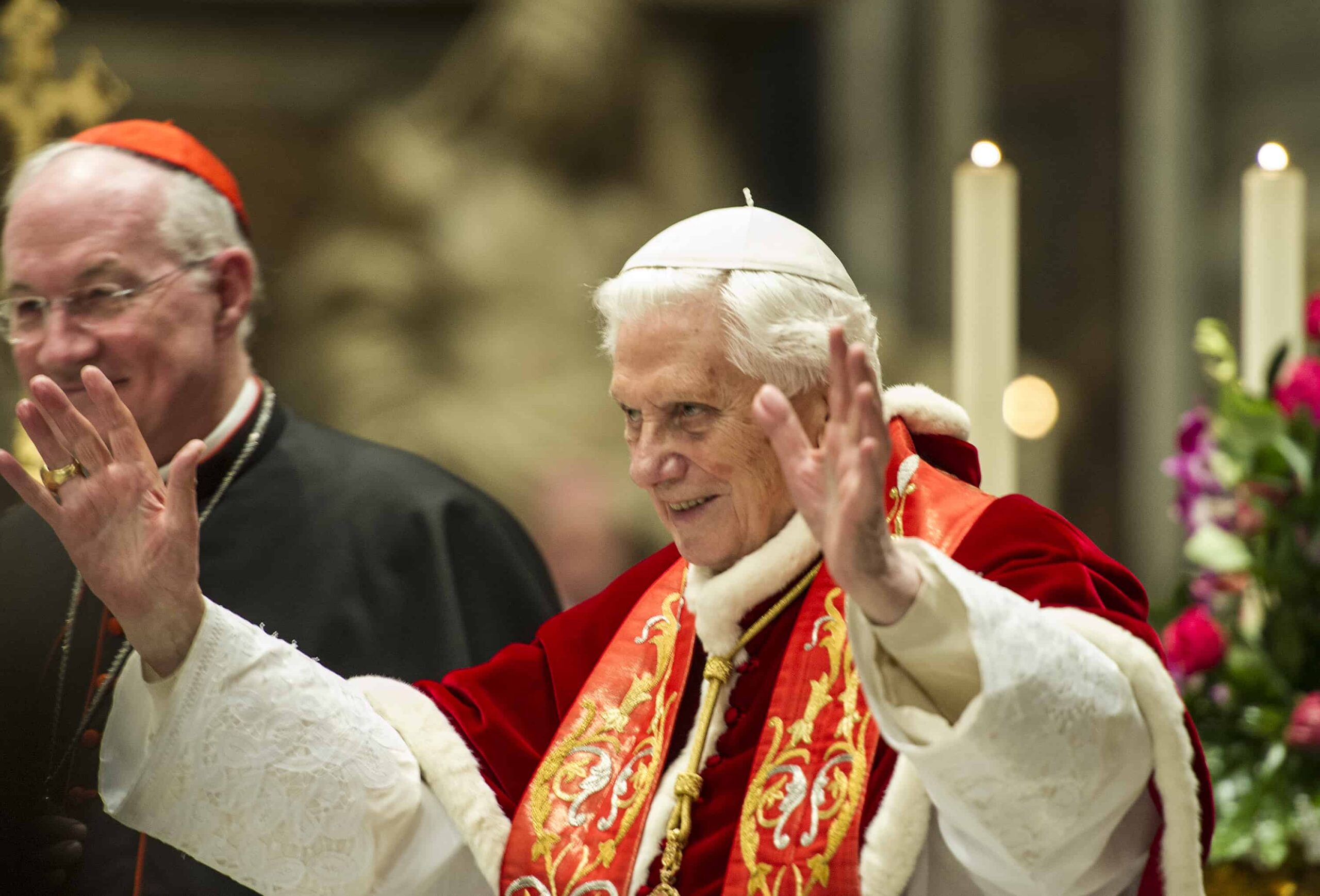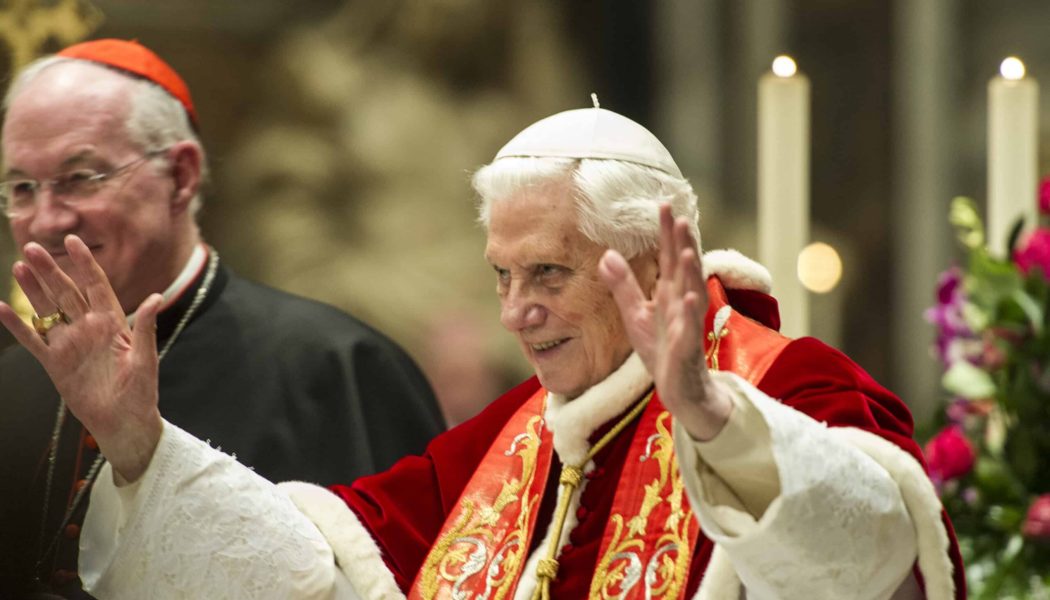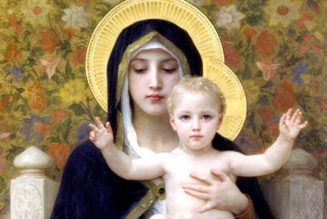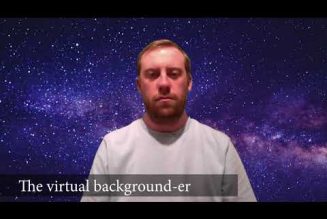
The word “doctor” means teacher, not healer, which is why we call certain saints “Doctors of the Church.” They are the great teachers who opened up the truth of the faith for their age, handing on and illuminating the timeless gift of God’s revelation anew. I am convinced that Joseph Ratzinger/Pope Benedict XVI will be acknowledged as a Doctor of the Church in the coming years. Even without the recognition, he truly served in this role by helping our secular age to come to know Jesus Christ more fully, especially as he is encountered in faith and the beauty of the liturgy. He pinpointed our major challenge — the eclipse of God in the world — and also the solution: an encounter with Christ that opens up life’s great adventure.
Ratzinger possessed a unique gift of speaking profoundly and succinctly at the same time, communicating the essence of a topic in a personal and relevant way. Unlike other theologians, he did not come up with his own idiosyncratic system but faithfully and freshly unpacked the tradition. After his death, he continues to serve as a primary guide for the Church, one who can help us through our current confusion in order to embrace the Church’s core mission to spread the kingdom of God throughout the world.
In continuing his legacy of service to the truth, we will be helped by two new books published by Ignatius Press this year. The first is based on cassette tape recordings from 1985, which were rediscovered and translated into English as The Divine Project: Reflections on Creation and the Church. Ratzinger often pointed out that in rejecting God we also eclipse the gift of creation and even our own humanity, something we can see happening before our eyes. He often reminded us that faith and reason bear an intrinsic harmony, which we can observe in creation itself: “The more we discover the universe, the more we find a kind of reason in it all, whose ways we try to follow… Everything that we are learning about, from the very smallest thing to the very largest, enables us to see things anew, and the scientific formulas, as it were, are an opportunity for us to reflect on the Creator Intelligence to which our own reason owes its existence” (42-43). The split between faith and reason has led so many to question the Church’s teaching in the name of science.
The second new book, What is Christianity? The Last Writings, addresses another common concern: religious relativism. Although Ratzinger did not undertake any major theological projects in his retirement, this collection gathers the essays, letters and interviews of these years. Within it, Ratzinger hits on fundamental themes of his corpus: the nature of faith, the centrality of communion, the crisis of the Church and dialogue with other religions. At the core, one essential question emerges: Is the Christian faith true? No abstract theological concern, Ratzinger shows how intimately the question is bound up with our own identity and purpose, for we find the meaning of our lives in an encounter with the one true God. He writes, “For a Christian, the God who in Jesus Christ binds himself heart and hand to us men who endured being human for us and among us even unto death and beyond death, is the center of Christianity. The whole quarrel in the history of religions … ends consequently with the gift of love that presupposes the personal being of God. Therefore, for man, too, it ends with the fact that he fully becomes a person by accepting the gift of being loved by God and by handing it on” (28-29).
To help unpack Ratzinger’s legacy, I will be leading an online book study through the Institute of Catholic Culture: Jesus of Nazareth: Discovering Christ with Pope Benedict XVI, which is free and open to all. During his pontificate, Ratzinger made the strategic decision to write a great trilogy of books on the life of Christ. This choice points to the heart of the crisis in the Church and world, which can be overcome only through a renewal of faith in Jesus Christ. The first two volumes are also available from Ignatius Press, with the first covering the public ministry of Jesus and the second focusing on Holy Week and the Passion. The third volume, published by Image, returns to the Infancy Narratives to complete Ratzinger’s overview of the earthly life of the Son of God.
Through this book study, beginning November 20, we will be looking at how Ratzinger draws together the wisdom of the Church Fathers with the insights of modern biblical scholarship. On a theological level, he demonstrates the need to preserve tradition while also addressing modern concerns. On a personal level, he invites us to renew our faith in the historical reality of the Incarnation, the Creator’s own entrance into his creation to lead us to salvation. As representative of his works as a whole, Ratzinger uses the Jesus of Nazareth trilogy to manifest the reasonableness of faith and the urgent necessity of embracing the kingdom of God, our only true source of hope and happiness.









